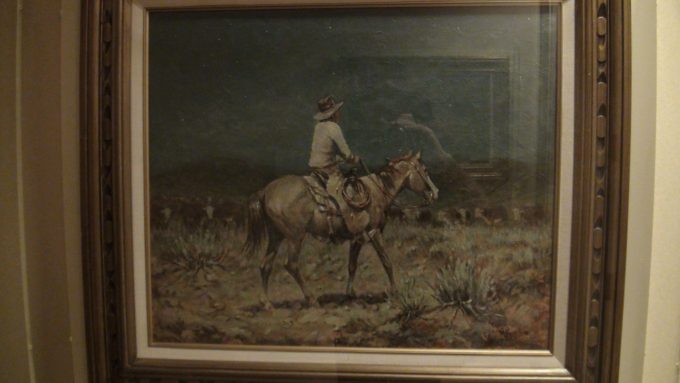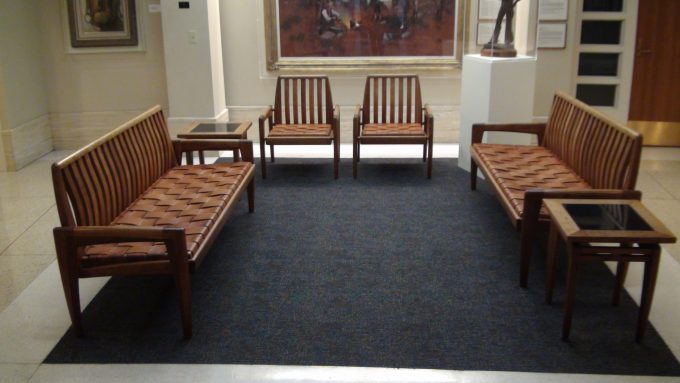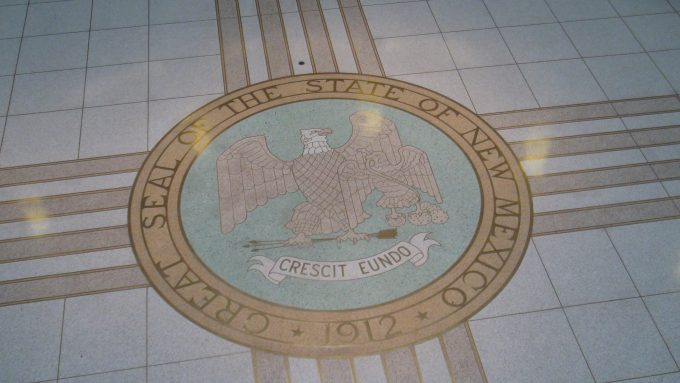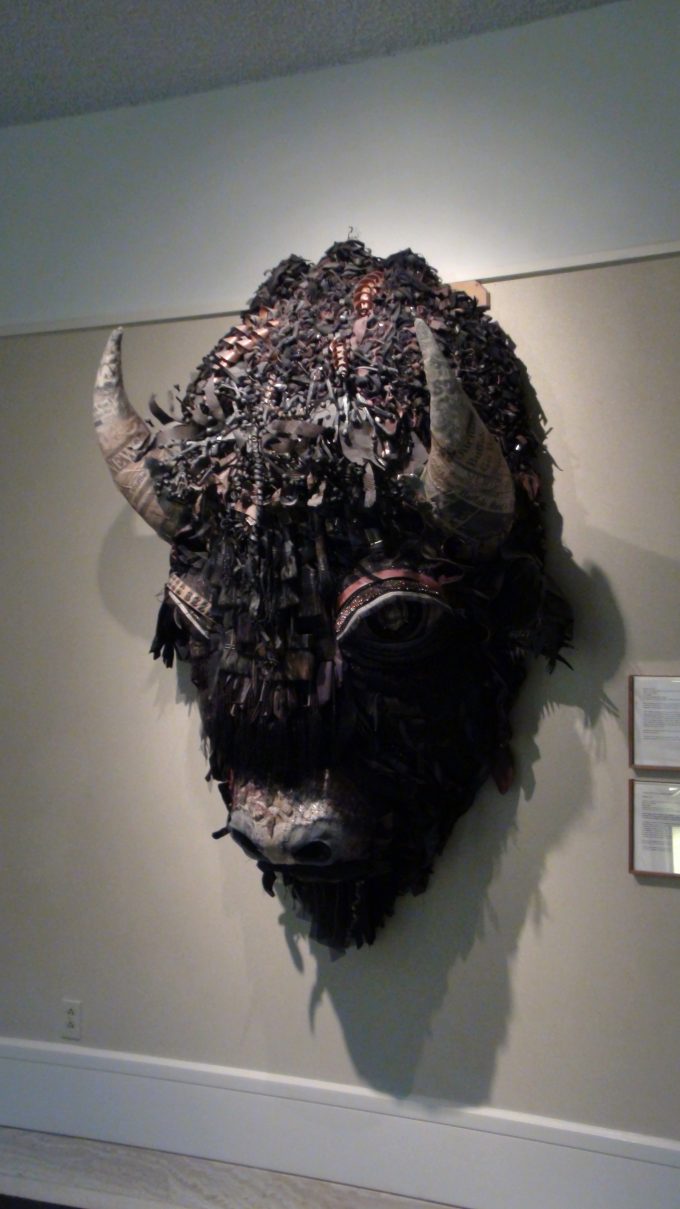
Tuesday, 15 January 2019
He then would have had to suffer often since the foundation of the world; but now, once at the end of the ages, He has appeared to put away sin by the sacrifice of Himself. Hebrews 9:26
The previous verses said that Christ did not enter a holy place made with hands, but heaven itself, and this was “not that He should offer Himself often, as the high priest enters the Most Holy Place every year with blood of another” (9:25). If this were so, “He then would have had to suffer often.” A repeated entry for purification from sin would necessitate a repeated sacrifice for sin. Thus, every time he entered for sin, he would have to suffer and die, even “since the foundation of the world.”
What this implies is that Christ’s sacrifice, which occurred four thousand years after the foundation of the world, was sufficient to cover the sins of those who anticipated Him in faith even back to the first sin committed since the world was founded. That is why Adam and Eve were covered by the Lord with the tunics of skin which He made for them (Genesis 3:21). It was a symbolic covering of Christ’s righteousness in anticipation of Christ’s coming.
Adam demonstrated faith through the naming of his wife Eve (in anticipation of the coming Messiah and the granting of life once again), and God covered Adam because of that act. Thus, even from the “foundation of the world,” faith in Christ was sufficient to atone for sin. This is then confirmed in the last book of the Bible where Jesus is called “the Lamb slain from the foundation of the world.” Peter states the same thing in his first epistle –
“He indeed was foreordained before the foundation of the world, but was manifest in these last times for you 21 who through Him believe in God, who raised Him from the dead and gave Him glory, so that your faith and hope are in God.” 1 Peter 1:20, 21
This logic is confirmed, and it is explicitly stated, by the author next with the words, “but now, once at the end of the ages, He has appeared to put away sin by the sacrifice of Himself.” The author uses the term, “the end of the ages,” to signify the time “when the former ages had reached their moral consummation under the old Levitical economy. Comp. Hebrews 1:2” (Vincent’s Word Studies). This thought is explained by Paul in Galatians –
“Now I say that the heir, as long as he is a child, does not differ at all from a slave, though he is master of all, 2 but is under guardians and stewards until the time appointed by the father. 3 Even so we, when we were children, were in bondage under the elements of the world. 4 But when the fullness of the time had come, God sent forth His Son, born of a woman, born under the law, 5 to redeem those who were under the law, that we might receive the adoption as sons.” Galatians 4:1-5
In His coming in the fullness of time, Christ did not need to suffer repeatedly. God accepts the faith of those who anticipated the coming Messiah, and He accepts the faith of those who believe that Jesus is the Messiah who has come. His sacrifice on Calvary’s cross is a one time and for all time act. To think on what is being described, a review of several thoughts which led up to this verse would be helpful:
1) Blood must be shed before forgiveness can be granted; something must die for sin – the sinner because of his sin (this is implied), or a substitute in place of the sinner.
2) Blood was required to purify the people, the sanctuary, and all of the implements associated with the rites of the sanctuary.
3) Jesus’ sacrifice was not made to purify the earthly sanctuary, nor heaven (which is already pure). It was to provide proof of a substitutionary death on our behalf as a covering for man’s sin.
4) Jesus’ sacrifice is once for all time, and it provides eternal cleansing from sin.
All of this demonstrates the superiority of the New Covenant. It also clearly shows that salvation is eternal. No sin committed after salvation can separate the person from God because there is no imputation of sin for one who is in Christ (2 Corinthians 5:19). Once a person is purified, he or she is eternally clean, and thus free from condemnation. Were this not so, as Arminianism teaches, then Christ’s blood would be insufficient for any sin.
Life application: Christ suffered once, the godly for the ungodly; the righteous for the unrighteous. There is nothing more that can add righteousness to an individual. His blood, therefore, is fully able to perfect those who have accepted God’s offer of peace through Him. As this verse makes abundantly clear, He has appeared “once at the end of the ages … to put away sin by the sacrifice of Himself.” As Paul jubilantly proclaims –
“For of Him and through Him and to Him are all things, to whom be glory forever. Amen.” Romans 11:36
O God, from the first sin of man, and throughout all of human history, there has been one, and only one, true Sacrifice for sin – Jesus. Your word is written and proclaims that nothing else is sufficient. The types and shadows of the past are fulfilled in Him, and it is by faith in His coming, or in His having come, that all sin is atoned for. Thank You, O God, that Christ’s suffering and death has released us from the penalty of sin, once and forever. Thank You for Jesus our Lord. Amen.




